Graham Reid | | 2 min read
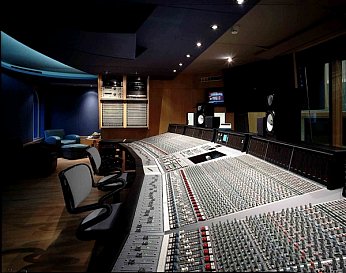
If you listen to the debut solo album Mind of Mine by former One Direction star Zayn Malik – and you should, it's mostly very good – what strikes you immediately is how well produced it is.
But isn't that true of all hip-hop albums these days, other than those which are willfully lo-fi?
You don't have to be sound boffin to identify the difference between the aural impact of ordinary records – not those by iconic artists or groups, or distinctive producers like Phil Spector – in the Sixties, Seventies, Eighties and beyond.
Without getting into those bugaboos of mono V stereo, vinyl V CD, analogue V digital, you can just feel a sound.
In terms of production the Rolling Stones' Beggars Banquet is far superior to their Exile on Main Street. The latter is, in places, one of those willfully lo-fi and ragged records . . . and is perhaps the better for it.
As much as the musicians, the producer or producers -- these days some albums have more than one, One Direction's Made in the AM credited eight – shapes the sound.
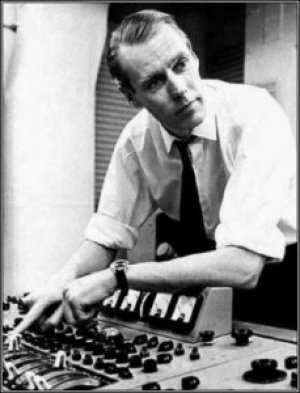 You might speculate idly what Elvis
without Sam Phillips, the Beatles might have been without George
Martin, the Stones without Jimmy Miller or U2 without Brian Eno and
Daniel Lanois.
You might speculate idly what Elvis
without Sam Phillips, the Beatles might have been without George
Martin, the Stones without Jimmy Miller or U2 without Brian Eno and
Daniel Lanois.
No Phil Spector, no Ronettes or “wall of sound”? No Rick Rubin, no late career revival for Johnny Cash?
The doco series Soundbreaking (starts Prime, Tuesday May 3, 9.30pm) looks at the role of the producer over eight 50-minute episodes and features more than 150 interviews with some of the most celebrated recording artists, producers, and music's most innovative minds.
What is interesting for outsiders is when producers Like George and Giles Martin discuss songs as familiar as the Beatles' Yesterday and Eleanor Rigby, then isolate the violins so you can hear George's genius.
David Bowie's producer Tony Visconti says he wanted to be a rock star with the limos but the after hearing songs like Eleanor Rigby he wanted to be George Martin and to be able to make great works of art which only exist on tape.
The late George Martin was one of the co-creators of this series which was five years in the making and -- alongside archive footage -- features a roll call of great producers (Rubin, Spector, Brian Wilson, Jimmy Iovine, Don Was, Mark Ronson, Quincy Jones, Tommy LiPuma etc) and artists like Joni MItchell, Tina Turner, Eric Clapton, Nile Rodgers, Public Enemy, Dave Grohl, Questlove, various members of the Wrecking Crew . . .
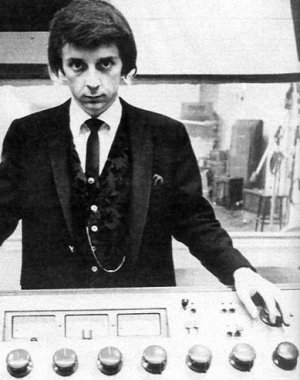 From Spector (“the artist on the
record” says Randy Newman's producer Russ Titleman) and the
ground-breaking use of multi-track to the synth sounds of Stevie
Wonder and disco-era drum machines, Soundbreaking charts a course
through music history with the spotlight on the people who craft the
sound.
From Spector (“the artist on the
record” says Randy Newman's producer Russ Titleman) and the
ground-breaking use of multi-track to the synth sounds of Stevie
Wonder and disco-era drum machines, Soundbreaking charts a course
through music history with the spotlight on the people who craft the
sound.
Right up to sampling and the 21st century studios where the mixing desks are the length of an aircraft carrier. When the Beatles started they had a four-track desk at Abbey Road, today the desks are 72 tracks.
You don't have to be a boffin to appreciate the craft and art of the great producers.
Songs like the Ronettes' Be My Baby have a visceral thrill to this day, and not just because Ronnie was a great singer.
The punch came from the strange, obsessive, violent man behind the desk.
Producers huh? Can't live with them, can't live without them.
For more on George Martin's productions see here.

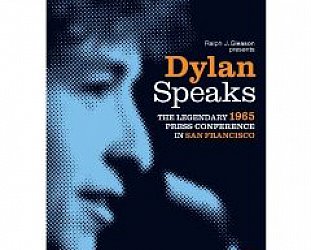
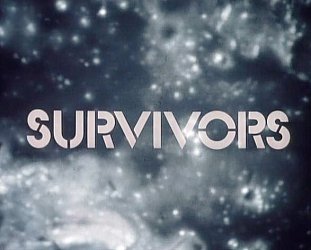


post a comment